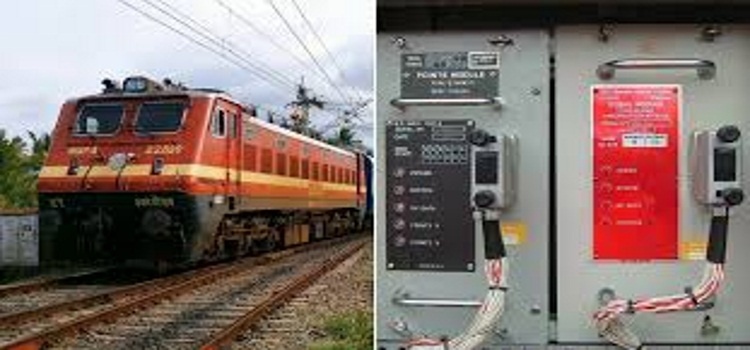
With growing cases of derailment in the past few months, the South Eastern Railway (SER), in a move to increase capacity and ensure the safer running of trains, has replaced the route relay interlocking (RRI) system at Kharagpur with Asia’s largest solid state interlocking (SSI) system. This technology that is set to come into effect from Sunday will allow station masters at Kharagpur to set 800 different routes for trains in a matter of a few clicks.
This is in stark contrast to the vintage RRI system which only allowed operators to set a mere 423 routes.
Principal Chief Operations Manager of SER, Suchitto Kumar Das said, “This will be Asia’s largest SSI system. The RRI system is of pre-1980 vintage and has crossed its codal-life.”
The cost of installing the new system is a whopping Rs 39 crore. This new technology will allow the path of a train to be set in a way that it has to cross several tracks.
The prime benefit of the interlocking system is that it ensures no cross movement takes place during the crossings, to avoid disastrous collisions.
“The SSI system is much more dependable than the older ones. We have been carrying out tests on this system for the last 7-8 months,” said Das.
The project that was kick-started at the Kharagpur yard on November 4 will continue its work, till Sunday. It is likely, that passengers may face severe disruptions in the suburban rail services from Friday, once the SER begins to switch over to the SSI system from its current RRI system.
During the work, the SER will make platform numbers 7 and 8 at Kharagpur operational. To increase capacity, it will also link a third line from Howrah and a second line from Midnapore to the Kharagpur yard by Sunday.
As per SER’s Chief passenger transportation manager, Soumitra Majumdar, over 116 pairs of trains originate, terminate or pass through Kharagpur every day.
With the dawn of the new technology in place, three signal cabins will become inessential, and the requirement for cabin masters will decrease.
“We’ll require more station masters to operate the system. Some trains may be delayed, but we don’t anticipate any major trouble after Sunday,” he told.
